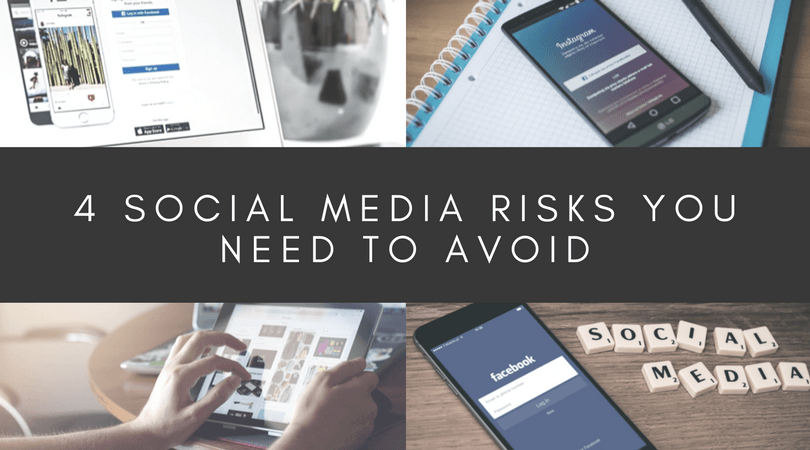Last year, scams skyrockets on social media by about 150 percent. We’ve listed crucial social media risks essential to avoid for your personal or business social media accounts. Authoritative websites like Facebook, Instagram, Twitter, and LinkedIn were all affected as the battle between scammers continue to rise. And it will only continue to increase unless users do something about the issue. If you own a business, indeed, you’d want to take heed of the issue today! The following are security risks K2 Analytics wants to ensure every company is aware of.
Human Error
One of the biggest threats to a brand is human error. Accidental tweets, or clicking an unknown link pose a threat to any brand.
In 2014, US Airways accidentally posted an inappropriate image to the company’s Twitter feed. As predicted, it was condoned by many users as it became the center of attention for days. Even though the business made it through the grueling scrutiny, it’s safe to say that human error can escalate a situation.
No Attention to Social Media
In relation to human error, carelessness can pose a threat to all your accounts, and this can bring severe consequences. Simply leaving your account open, for instance, can pose social media risks to yourself and to all your followers.
What’s worse, if the spammy message delivers to them on “behalf of your company,” you can risk losing followers.
We recommend creating an online marketing plan to stay active or even hiring an individual or digital marketing agency to stay connected with your audience.
Phishing Scams
One of the most unethical tricks cybercrooks use is phishing scams. They replicate authoritative websites to deceive others into providing them with their personal information. This can be about bank details, passwords, social security, and more. The issue is so grave that attempts in phishing soared about 500 percent last year. Who are they targeting? Users of Facebook, Instagram, Twitter, and LinkedIn.
One notable example of this was the Facebook “fake friend” attack in 2016. According to Kaspersky Lab, thousands of users were notified that a friend mentioned them in a comment. After clicking on the message, it automatically downloads a Chrome browser extension that maliciously attacks their computer.
After the extension is installed, the file would extract personal accounts and data to spread the virus to the user’s entire friend list.
Privacy
Protection and privacy while practicing online presence are imperative as a social media risk to avoid. Still, many companies consistently put their reputation on the line by ignoring security risks. As a result, hackers easily prey on their social channels to create havoc and ruin their hard work.
Of course, many brands have fallen victim to hacks, including restaurant chains like Burger King whose Twitter account jokingly promoted McDonald’s instead.


More to Read
Is Affiliate Marketing A Scam?
Have you ever been tempted by promises of easy money through affiliate marketing, only to feel skeptical about its legitimacy? You’re not alone—many people
Apr
SEO Tips For Non-Profits
Are you struggling to get your non-profit noticed in the vast digital landscape? You’re not alone; many organizations face the same challenge. This article
Mar
Is Using AI In Content Marketing Bad?
In a world where algorithms can generate articles faster than a human can type, one must wonder: are we sacrificing authenticity for efficiency? The
Feb